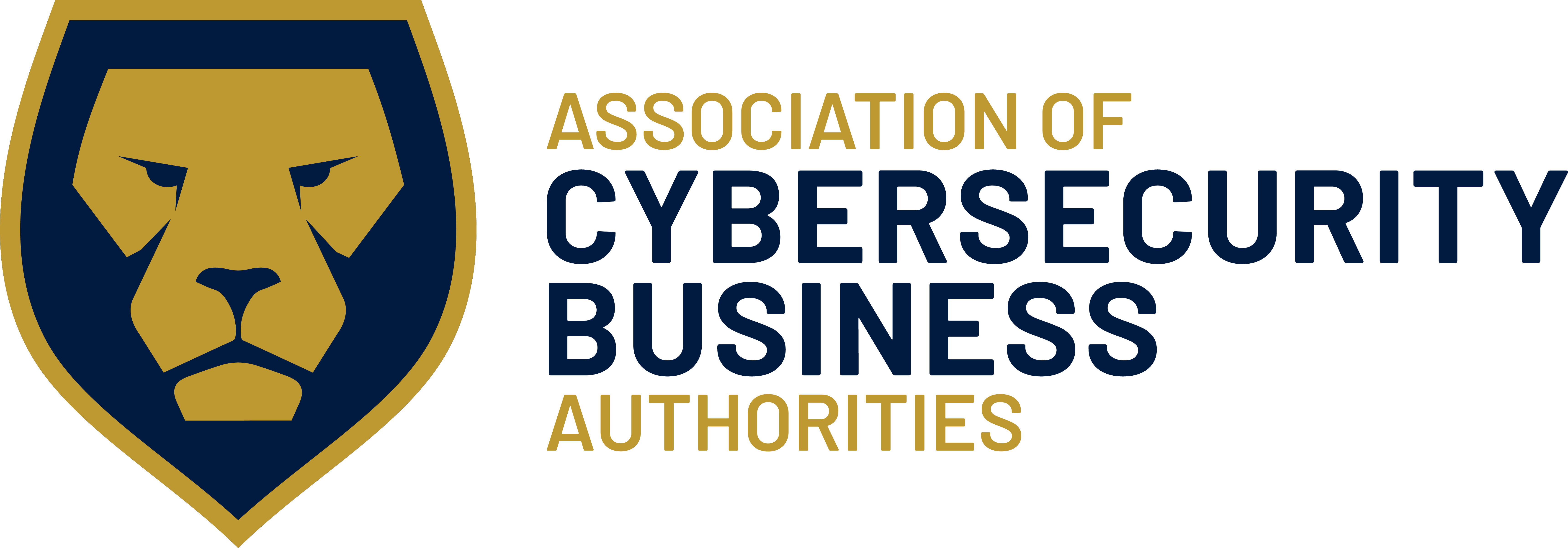On this coming Monday, we celebrate President’s Day! I thought it would be fun to look at how technology has changed from president to president.
George Washington (1789-1797): In the late 1700’s, technology was mostly advanced mechanical tools. For reference, during Washington’s presidency, the cotton gin was patented by Eli Whitney.
John Adams (1797-1801): The year 1800 marks the beginning of the Industrial Revolution.
John Quincy Adams (1825-1829): The first American railroads were built.
John Tyler (1841-1845): The first telegraph was invented in 1844.
Abraham Lincoln (1861-1865): During the Civil War, telegraph technology was refined to be used as means of communication in the military.
Franklin D. Roosevelt (1933-1945): The first modern computers were being built.
Harry Truman (1945-1953): Programmable computers were used in WWII to decipher enemy codes. IBM introduced its first computer, the 701.
Dwight D. Eisenhower (1953-1961): IBM introduced a smaller, more affordable version of the 701, the 650. This established IBM’s place as a leader in computer technology.
Ronald Reagan (1981-1989): IBM’s first PC (personal computer), the model 5150, became available to the public. The first cell phones became available to the public as well. Technology made a transition from the professional to the personal world.
George W. Bush (2001-2009): The iPhone made its entrance to the world of technology in 2007.
Writing this blog reminded me just how rapidly modern technology advances. It’s interesting to think that it took 50+ years to advance from the first computers to the first personal computers, but only about 20 years from the first cell phone to the first iPhone. Technology isn’t slowing down and won’t slow down anytime soon.
As much as we value technology here at Sterling Ideas, we also appreciate the simpler things. Remember that there would be no computers had it not been for previous American inventiveness. We wouldn’t have the iPhone if not for telegraph technology. Therefore, this President’s Day, we encourage you to join us in remembering what brought us to where we are today. We are forever grateful for all those who came before us.





